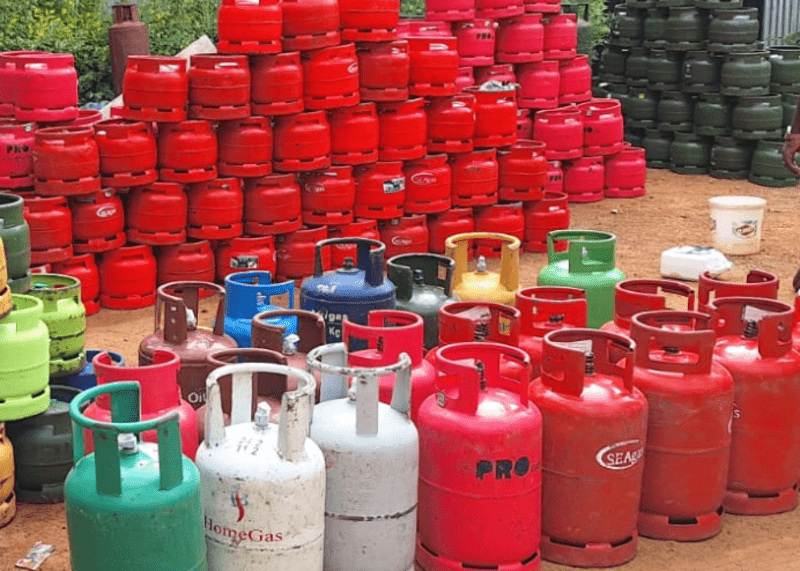EPRA partners with counties on LPG, petroleum business safety

The regulator says the teams will oversee surveillance and enforcement activities aimed at streamlining the sector.
Kenya's energy regulator, the Energy and Petroleum Regulatory Authority (EPRA), has rallied support for the formation of joint national-county government teams to implement reforms that will save gas and petroleum products.
The regulator says the teams will oversee surveillance and enforcement activities aimed at streamlining the sector.
More To Read
- Matatus take EPRA and City Hall to court over ban on passenger pickups at fuel stations
- Fuel prices remain unchanged in November EPRA review
- Senators grill EPRA over LPG safety, illegal refilling plants
- MPs reject plan to regulate cooking gas imports via open tender system
- Kenya beats Tanzania and Uganda in electricity and renewable energy growth
- Kenya records steady growth in electricity generation — EPRA
The county teams will also take up inspection roles on adherence to set standards, public safety requirements on facility establishment, weights and measures as well as scrutinising staff qualifications on safety and operations of the facilities.
Traditionally, petroleum and cooking gas refill facilities were located in designated safe areas, away from residential and population areas.
However, pressure for land for the establishment of settlement areas resulted in the review of land-use approvals, allowing the construction of residential facilities within industrial zones.
Speaking during a sensitisation workshop attended by county energy executives and departmental heads on Thursday, Daniel Kiptoo, the director general at EPRA asked the county governments to collaborate in coming up with clear guidelines on exclusive zoning and reservation of land for setting up new petroleum and gas facilities away from densely populated areas.
"For existing facilities, we need counties to collaborate with us in conducting regular inspection exercises to affirm compliance with safety standards and regulations," Kiptoo said.
Additionally, counties were asked to actively identify land within the counties for tanker parking yards.
This seeks to stop drivers from parking in residential areas, the roadside and petrol stations during transit.
The country has witnessed several incidents in recent times, with the major one being the Embakasi gas explosion in February, which claimed more than 12 lives and left hundreds injured.
The Petroleum Act of 2019 and the Petroleum (Liquefied Petroleum Gas) Regulations of 201 are some of the frameworks that currently govern the sub-sectors.
The Petroleum Act provides a comprehensive framework for the regulation of the exploration, development, production, transportation and storage of petroleum and related products whereas the LPG regulations provide specific guidelines and standards for the handling, storage, transportation, and distribution of Liquefied Petroleum Gas.
Currently, the number of licensed retailers of LPG in cylinders is 459, storage and wholesale of LPG cylinders (113), transporters of LPG in cylinders (89), storage and filling of LPG in cylinders (53), transport of LPG in bulk by road (43) and import, export and wholesale of LPG in bulk (13).
Top Stories Today











































